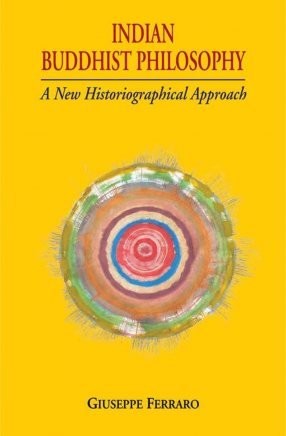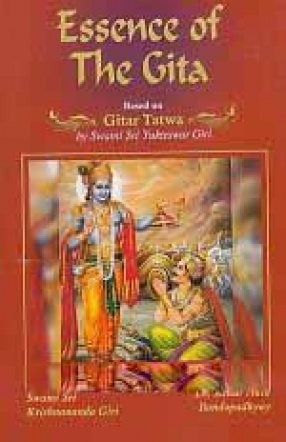Indian Buddhist Philosophy: A New Historiographical Approach
Indian Buddhist Philosophy is a reconstruction of the history of Indian Buddhist thought that starts from the idea - of Madhyamaka origin - that in the teaching of the historical Buddha it is possible to identify three distinct and irreconcilable theoretical modes or registers, intended for different types of followers: the affirmative mode of being, the negative one of non-being, and the “middle path” of neither being nor non-being. The history of Buddhism after the disappearance of the Buddha is presented here as the development of these registers in three main philosophical directions: respectively, the personalist one, of the Pudgalavada schools; the reductionist one of the Theravada, Sarvastivada and Sautrantika schools; and the one of the Mahayana schools - primarily the Madhyamaka - which, following some suggestions already present in the Mahasamghika circles of the Abhidharma phase, deepen in particular the third theoretical strand proposed by the Buddha: the middle one, which excludes both being and non-being, in a frequently but not exclusively anti-metaphysical direction.
Get it now and save 10%
BECOME A MEMBER







Bibliographic information